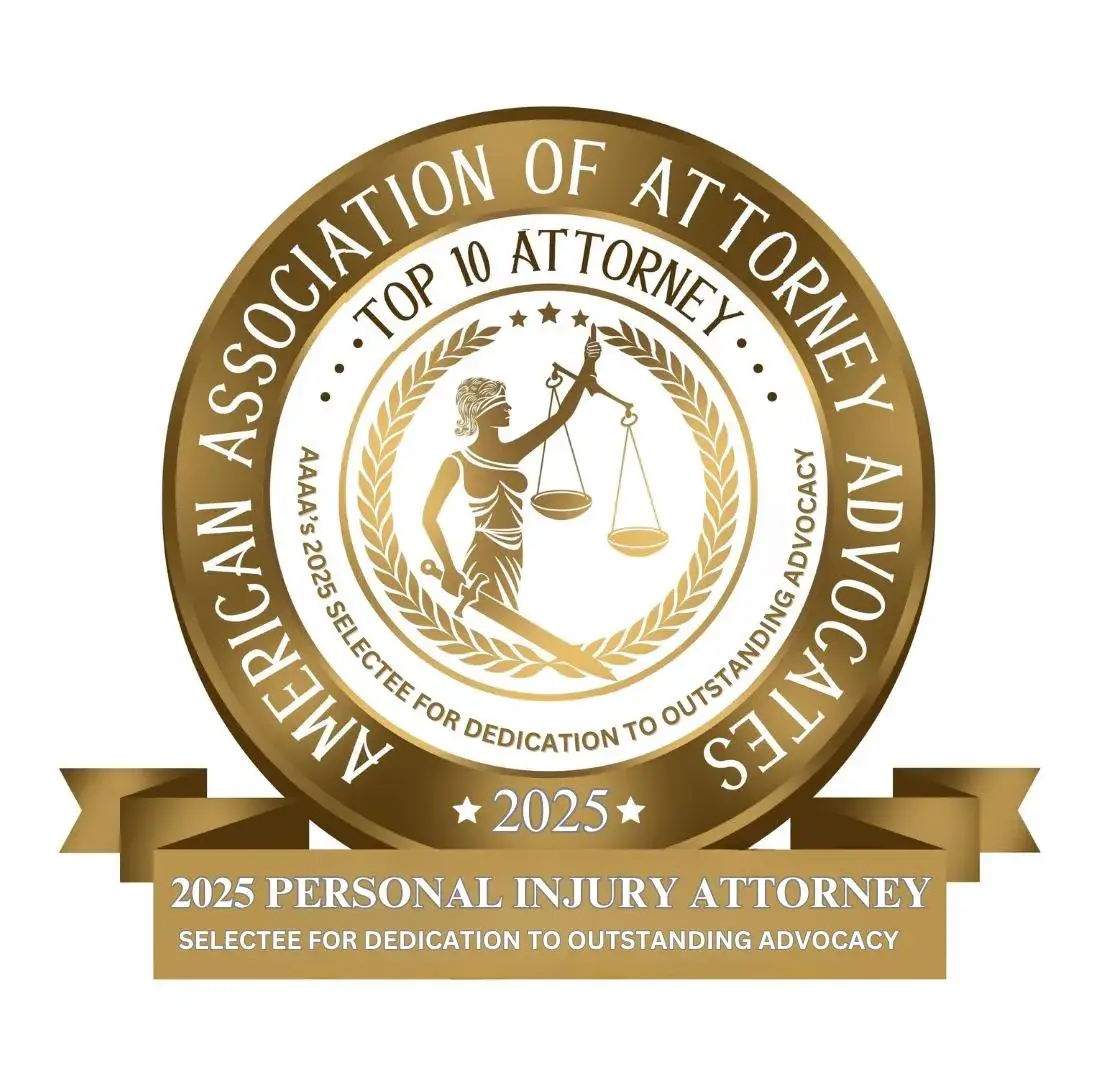How will ‘self-driving cars’ affect personal injury law?
Google recently unveiled the first fully functional prototype of its self-driving car, an innovation that could change the way we travel in the not-so-distant future.
The company announced it would start testing the car on public roads in the Bay Area starting early this year. While the two-seater car still needs government approval to operate in office parks or on downtown streets, the functioning prototype is a sure sign of things to come.
And Google isn’t alone in the quest to create a driverless car. Google is one of seven companies to win approval from the Department of Motor Vehicles to test driverless cars on public roads. With all the resources and innovative minds working to create a self-driving car, it is only a matter of time before they become a reality.
The development of this new, exciting technology presents a major legal hurdle: How will self-driving cars affect personal injury lawsuits?
Lawsuits Against Other Drivers
First and foremost, it is important to consider the increased safety measures present in a self-driving car.
According to the U.S. Department of Transportation, more than 3,300 people were killed by distracted drivers in 2012, and another 421,000 people were injured in distraction-related crashes. A study from the AAA Foundation for Traffic Safety found that, of all those who report feeling less safe on the road today compared to five years ago, nearly half attribute their concerns to the rise in distracted driving. Self-driving cars could eliminate—or at least greatly reduce—distracted driving and make the roads safer for everyone. Whether it’s changing the radio station, talking to passengers, talking on the phone, or adjusting GPS devices, a self-driving car would be able to carry on just fine, not suffering from the decreased reaction time or mental distractions that a human driver would.
Self-driving cars could also do a world of good when it comes to driving under the influence. More than 10,300 people were killed in drunk driving crashes and another 290,000 were injured in 2012, and driving under the influence continues to be a major problem each and every year. A self-driving car could save tens of thousands of lives ever year by getting intoxicated passengers home safely.
Self-driving cars can eliminate or greatly reduce two of the biggest safety threats on U.S. roads. That being said, it would also greatly reduce the need for car accident litigation. Many accidents, from rear-end collisions to high-speed accidents, are the result of driver negligence—but without a driver, those lawsuits may not exist.
Lawsuits Against Google
With the disappearance of individual lawsuits comes the possibility of class-action ones. If one of these self-driving cars malfunctions and causes an accident, Google—or the company that made the driverless car in question—would likely be liable for injuries under product liability law. If the defect is present in a large number of vehicles (which it most likely is, if the defect arose in the manufacturing process), owners of these self-driving vehicles could have grounds for a class-action suit against the automaker.
It is also worth considering the privacy concerns that accompany a driverless car. With the advanced technology required to make this type of vehicle, it would have a record of anywhere you traveled, how long you remained there, what you listened to—practically everything. Legal issues would certainly arise if Google (or another manufacturer) collected this information and chose to sell it or release it to the government.


















